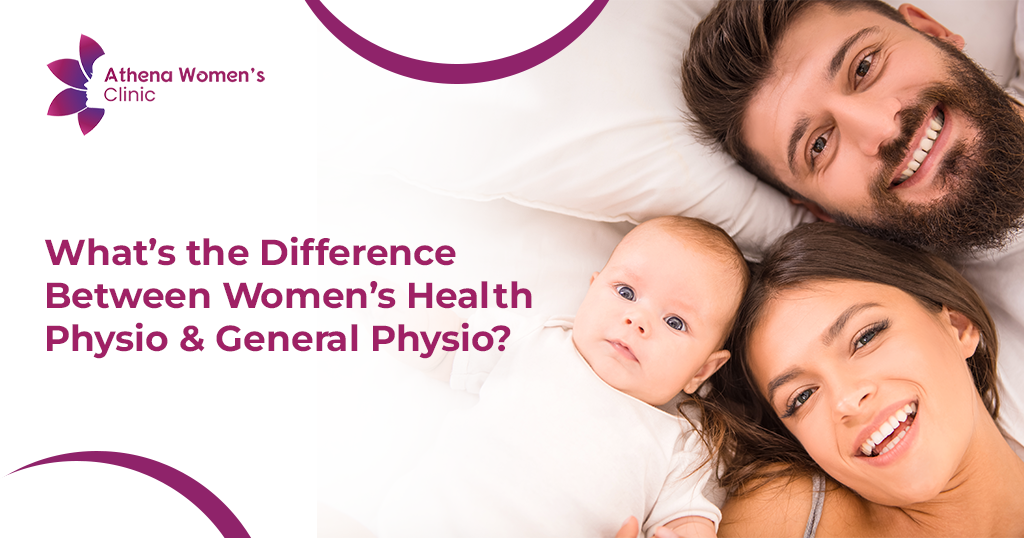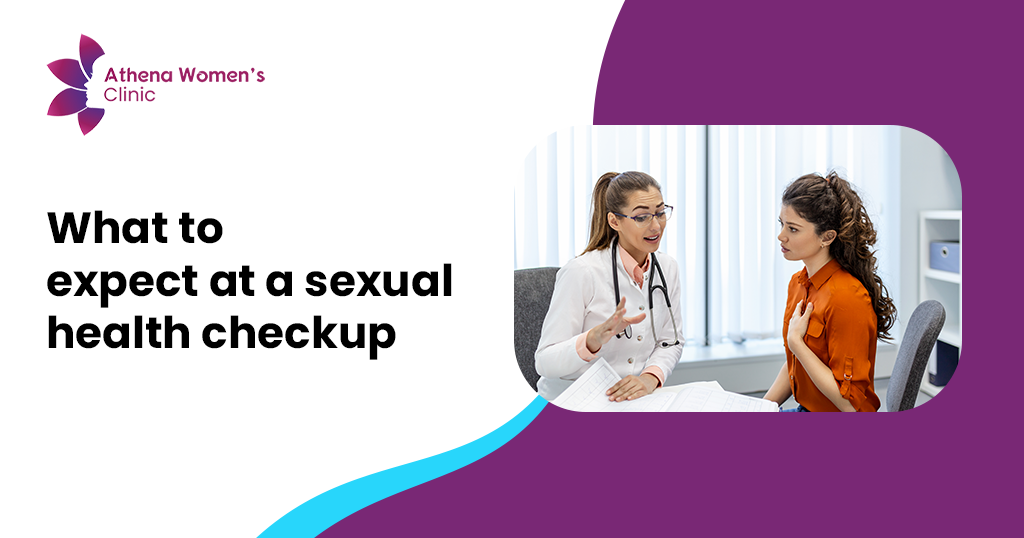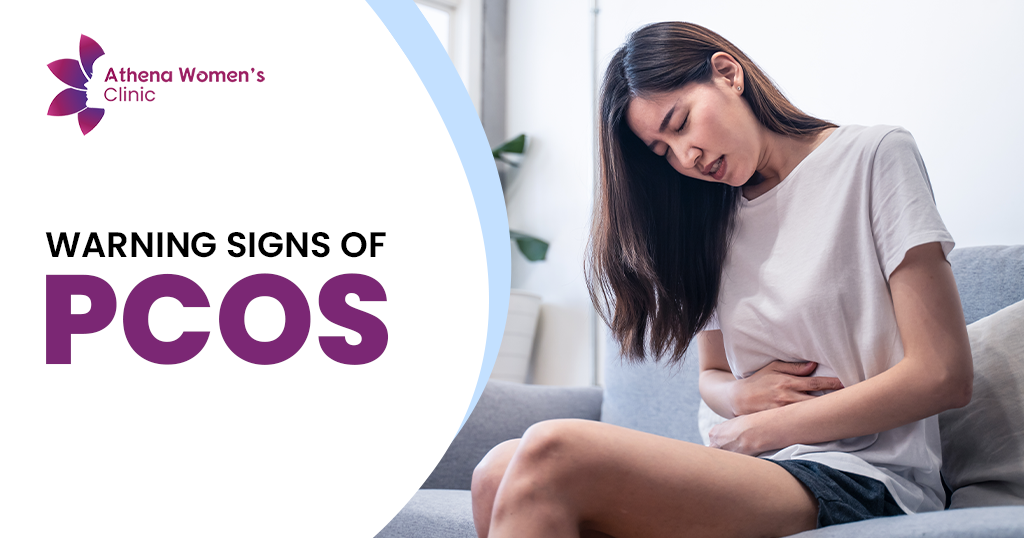Polycystic ovarian syndrome (PCOS) is a condition that affects a large number of women. According to Healthline.com, 6 to 15% of women of childbearing age suffer from PCOS. Someone diagnosed with the condition can find it challenging to get pregnant—even women who get pregnant but have PCOS have a higher risk of complications during pregnancy and delivery.
We understand there are several questions regarding PCOS and pregnancy that you might want answers to. Given that the chances of getting pregnant with PCOS are slim, which increases the risk of miscarriage three times more, it is necessary to know how this condition affects pregnancy.
This article explores the topic of getting pregnant with PCOS in detail.
What is PCOS?
PCOS is a hormonal disorder that affects 5-10% of women between the age of 15 and 44. An imbalance in reproductive hormones is known to cause this condition, as it affects the functioning of the ovaries.
Several symptoms characterize polycystic ovary syndrome:
- Irregular menstrual periods
- Acne
- Excess body and facial hair
- Ovarian cysts
- Thinning scalp hair
- Skin darkening
- Weight gain
There is no definite answer to what causes PCOS, but experts believe that reproductive hormone imbalance and insulin resistance are two primary reasons.
If there is a hormonal imbalance or the body cannot use the insulin it produces effectively, it can lead to higher levels of androgens in women. Androgens are also known as male hormones and include testosterone and dehydroepiandrosterone (DHEA). Another reason how PCOS affects pregnancy is how it causes irregular menstrual cycles due to anovulation. The absence of ovulation hinders pregnancy because the body produces progesterone during ovulation which is essential to conceive.
Fortunately, even with PCOS, you can get pregnant. A women’s health centre like Athena Clinic, which specializes in infertility treatment, can help you manage the condition by helping your body to ovulate and boost your chances of a successful pregnancy.
PCOS and Pregnancy: Diagnosis
There are several criteria to diagnose PCOS; your healthcare provider can use any techniques mastered over the years for the procedure. However, there are some standard signs that women with PCOS show, such as the absence of ovulation and elevated androgens. The three main symptoms that indicate PCOS are:
- Polycystic ovaries
- Elevated androgens
- Irregular or absent ovulation
At Athena women’s health centre, we use the best technology to spot ovarian cysts and make an accurate diagnosis. For instance, insulin resistance, a common cause of PCOS, can increase the risk of type 2 diabetes. A Centers for Disease Control and Prevention (CDC) study revealed that over half of PCOS patients develop type 2 diabetes by age 40. Other health issues that the National Insitute of Child Health and Human Development (NICHD) warns can result from PCOS, including obesity, high blood pressure, obstructive sleep apnea, heart disease, and depression.
Risks for Women with PCOS During Pregnancy
PCOS makes it harder to get pregnant due to hormonal disbalance, but other risks are also involved. Women with PCOS have a higher chance of obesity (around 60% of women with PCOS are obese), which is why they rely on reproductive technology to conceive.
Pregnant women who have PCOS have an increased risk of several complications. Preeclampsia is one such risk which is a life-threatening complication for the mother and baby. Doctors decide the treatment depending on the severity of the condition and the baby’s gestational age. This condition requires monitoring pregnancy exceptionally closely. Other serious complications include gestational diabetes and pregnancy-induced hypertension (high blood pressure). Gestational diabetes can result in a larger-than-average baby, which makes delivery difficult.
But remember that most PCOS symptoms during pregnancy can be managed and treated with careful monitoring. This is why starting early and getting the diagnosis is essential so your doctor can decide the course of treatment and other details to manage the risks.
Manage the Symptoms of PCOS
Like any other medical condition, diet changes and exercise can help manage PCOS and, by extension, help you conceive.
Loose weight
Did you know that if you reduce your body weight by 5%, you can enhance your menstrual cycle? Several studies have found a direct connection between obesity and insulin resistance. This affects ovulation and lowers the chance of pregnancy. Weight loss can also reduce androgen levels as fat tissue creates its estrogen. When you lose weight, the ratio of estrogen and progesterone is restored.
Diet changes
Whole-grain foods regulate hormones and keep glucose and insulin levels in check. They also lower inflammation which improves fertility. Include whole grains, fruits, beans, lentils, and protein. Unsaturated fats like omega-3s also help lower androgens.
Conclusion
PCOS and pregnancy are topics you should be aware of. Most women don’t even realize until they are pregnant that they have PCOS. The condition does create complications during pregnancy, but with proper diagnosis and treatment, you can have a successful pregnancy.
If you have more queries about getting pregnant with PCOS, we can answer them. Visit Athena Clinic for a consultation.





